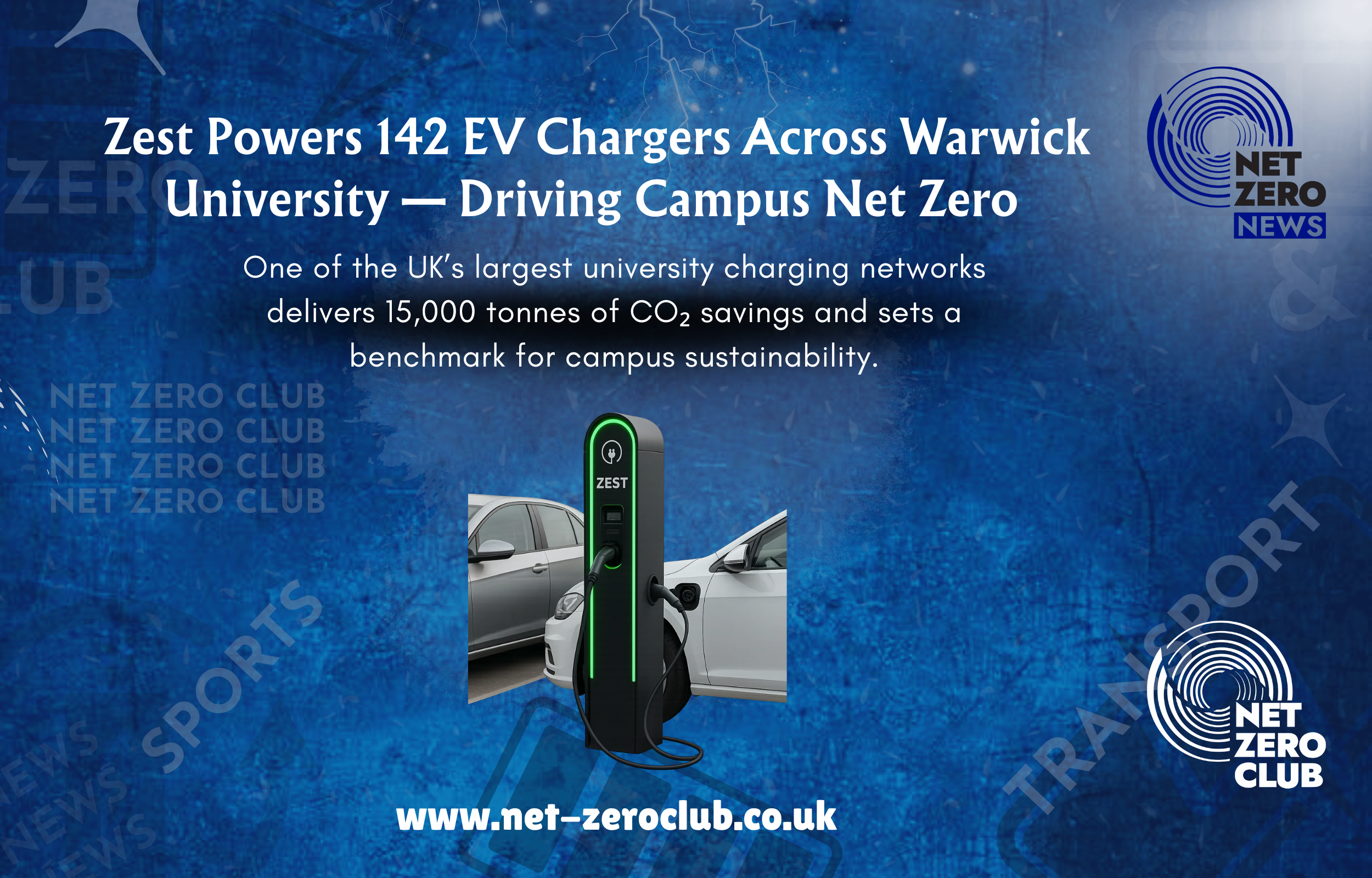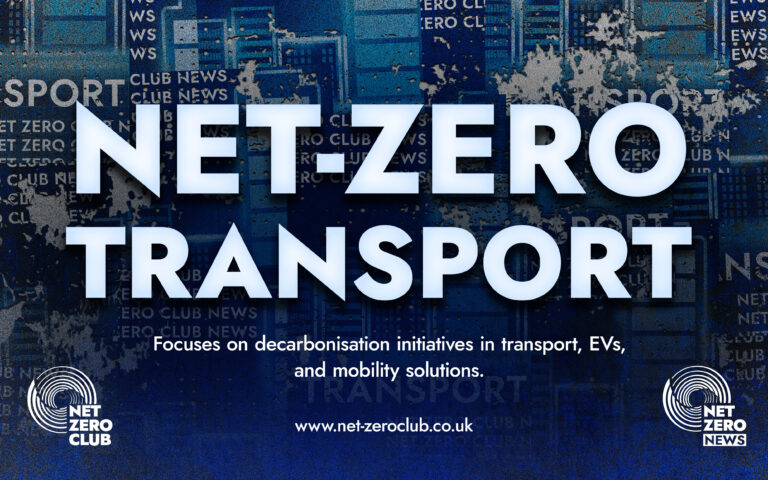Zest Finalises EV Charging Rollout at Warwick University

Welcome, Net Zero News readers,
In a significant leap towards a sustainable future, Zest has successfully completed the deployment of 142 electric vehicle (EV) charging spaces across 14 locations at the University of Warwick. This ambitious project represents one of the largest university charging networks in the UK, paving the way for a greener and more sustainable transport system on campus.
The rollout is part of a substantial £1.3 million investment by Zest, which will not only provide but also manage these crucial charging facilities over the next 15 years. This long-term commitment is a testament to the growing recognition of the importance of electric vehicles in our quest for net zero emissions.
These state-of-the-art facilities include a combination of fast and rapid EV chargers, designed to accommodate the diverse needs of the university community. The environmental impact of this initiative is nothing short of remarkable; it is projected to save more than 15,000 tonnes of CO2 emissions—equivalent to the emissions produced by driving a petrol car for an astounding 69 million miles. This reduction in carbon footprint underscores the vital role that electric vehicles play in combating climate change and moving towards a sustainable future.
The University of Warwick has long been celebrated for its excellence in transport and future mobility research. The institution collaborates closely with major industry players and government bodies to advance green, clean modes of transport. This partnership enables the university to trial real-world solutions on its campus, playing a crucial role in the transition to sustainable mobility.
George Saxon, the head of transport systems and operations at the university, expressed enthusiasm about the new charging network, stating, “The new charging network supports our ambitions to cut carbon emissions, while giving staff, students, and visitors the confidence to choose electric vehicles as part of a cleaner future.” His comments reflect the broader commitment of educational institutions to embrace innovative solutions that address environmental challenges.
Robin Heap, the CEO at Zest, also shared insights on the significance of this project. He remarked, “By delivering one of the largest university charging networks in the UK, we’re making it easier than ever for people to switch to electric vehicles. In less than two years, this project has confirmed the University of Warwick as a leader in EV infrastructure in the academic sector and sets an example of how campuses can lead the transition to cleaner mobility.” His words highlight the critical role that universities can play in pioneering sustainable practices and influencing future generations.
This milestone at the University of Warwick is not just a local achievement; it serves as a beacon for other universities and institutions across the UK and beyond. As the world grapples with the pressing issues of climate change and environmental degradation, initiatives like these demonstrate the power of collaboration between the public sector, academia, and private industry.
As we look towards the future, the importance of expanding EV infrastructure cannot be overstated. With more charging points available, the barriers that deter individuals from switching to electric vehicles are gradually being dismantled. The convenience of accessible charging facilities can significantly influence the decisions of potential electric vehicle owners, making the transition to cleaner transportation not only feasible but also appealing.
Moreover, the commitment to sustainability showcased by the University of Warwick and Zest is a clarion call to other educational institutions, urging them to consider similar initiatives. The integration of advanced EV charging networks within campus environments promotes a culture of sustainability, encouraging students and staff to adopt greener commuting options.
In conclusion, the deployment of the charging network at the University of Warwick is a laudable step towards achieving net zero emissions. It exemplifies how educational institutions can lead by example, fostering a culture of sustainability while providing necessary infrastructure to support the transition to electric vehicles. As we move forward, it is imperative that we continue to support and invest in such initiatives, ensuring a cleaner, greener future for all.
Let us continue to champion the cause of net zero, working together to inspire change and drive the transition to a sustainable future. By embracing electric vehicles and expanding charging infrastructure, we can collectively make a meaningful impact in the fight against climate change.
Stay tuned for more updates and insights into the world of sustainable transport and initiatives aimed at achieving net zero emissions.

 Got net-zero news, project updates, or product launches to share?
Got net-zero news, project updates, or product launches to share? 

